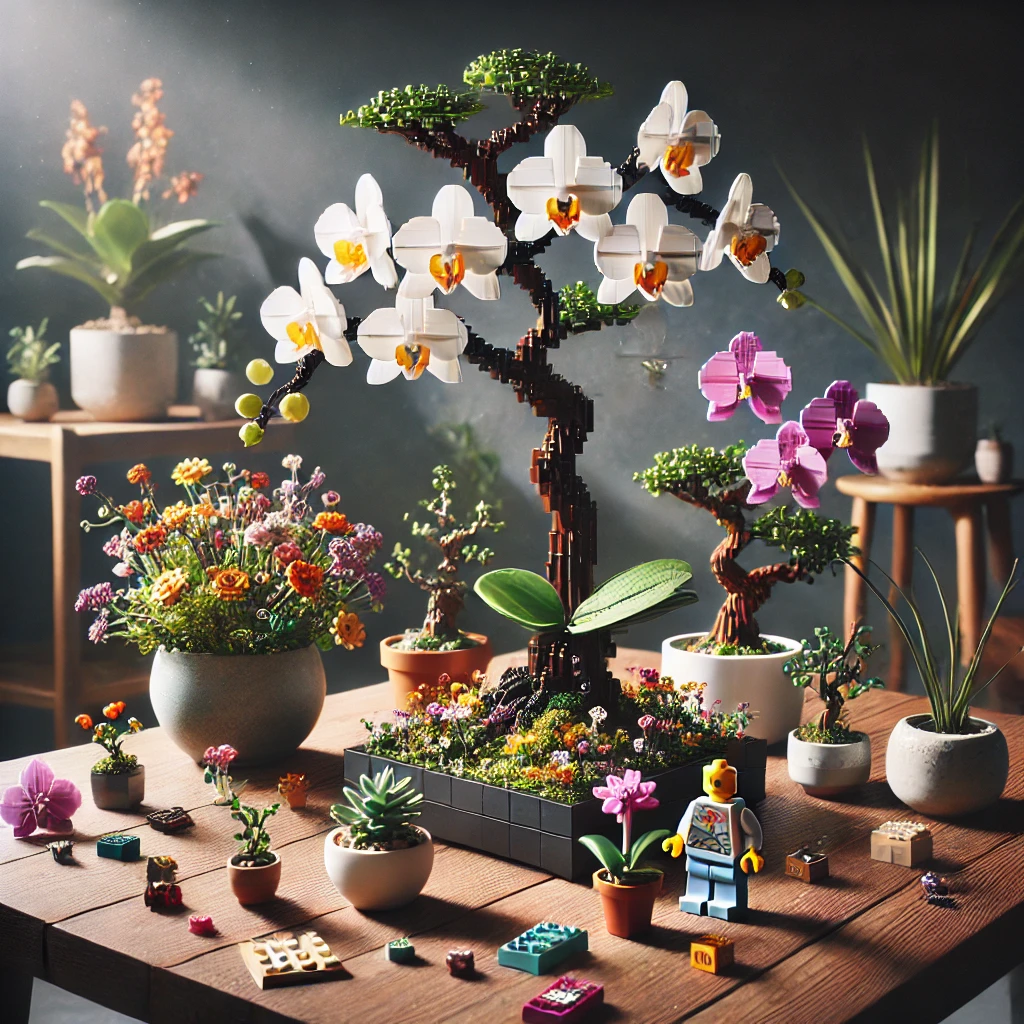Flávia P.
6 months ago
What Are Dungeons & Dragons — And Why Are They So Popular?
What Are Dungeons & Dragons?
Dungeons & Dragons (D&D) is a tabletop role-playing game (RPG) that has captivated millions since its inception in the early 1970s. Players create characters and embark on imaginative adventures guided by a Dungeon Master (DM), who narrates the story and controls the game world. The game combines elements of storytelling, strategy, and chance, making each session unique and engaging. D&D encourages creativity and collaboration, allowing players to immerse themselves in fantastical realms filled with magic, monsters, and epic quests.
The History of Dungeons & Dragons
Developed by Gary Gygax and Dave Arneson, Dungeons & Dragons was first published in 1974. It was inspired by earlier wargaming systems and fantasy literature, particularly the works of J.R.R. Tolkien. Over the decades, D&D has evolved through various editions, each introducing new rules, settings, and gameplay mechanics. The game’s rich history reflects its adaptability and the growing interest in fantasy and role-playing culture, leading to its resurgence in popularity in recent years.
How Dungeons & Dragons Works
At its core, Dungeons & Dragons is a collaborative storytelling experience. Players create characters by selecting races, classes, and backgrounds, each with unique abilities and traits. The DM sets the stage, describing the world and its inhabitants while presenting challenges and adventures for the players to navigate. Dice rolls determine the outcomes of actions, adding an element of chance and excitement. This blend of strategy, luck, and narrative creates a dynamic gameplay experience that keeps players coming back for more.
The Appeal of Dungeons & Dragons
The popularity of Dungeons & Dragons can be attributed to its ability to foster creativity and social interaction. Players can express themselves through their characters, exploring different personalities and moral dilemmas. The game also encourages teamwork, as players must collaborate to overcome obstacles and achieve their goals. This sense of community and shared experience is a significant draw for many, making D&D not just a game, but a social event.
Dungeons & Dragons in Popular Culture
In recent years, Dungeons & Dragons has seen a resurgence in mainstream popularity, thanks in part to popular media. Television shows like “Stranger Things” and web series such as “Critical Role” have introduced new audiences to the game, showcasing its potential for storytelling and character development. Additionally, merchandise, novels, and video games based on D&D have further solidified its place in popular culture, making it accessible to a broader audience.
The Role of the Dungeon Master
The Dungeon Master plays a crucial role in the Dungeons & Dragons experience. Acting as the storyteller and referee, the DM crafts the narrative, creates the world, and controls non-player characters (NPCs). A skilled DM can enhance the game by weaving intricate plots, adapting to player choices, and maintaining an engaging atmosphere. The DM’s creativity and improvisation skills are essential for keeping the game flowing and ensuring that all players have a memorable experience.
Dungeons & Dragons and Community
One of the most significant aspects of Dungeons & Dragons is its community. Players often form lasting friendships through their shared experiences in the game. Local game stores frequently host D&D nights, providing a space for players to gather, meet new friends, and engage in campaigns together. Online platforms and forums also allow players to connect globally, sharing stories, tips, and resources, further strengthening the sense of community surrounding the game.
The Future of Dungeons & Dragons
As Dungeons & Dragons continues to grow in popularity, its future looks bright. The game is constantly evolving, with new editions, expansions, and supplementary materials being released regularly. The rise of digital platforms has also made it easier for players to engage with the game remotely, allowing for a more extensive and diverse player base. With its rich history and ongoing innovation, D&D is poised to remain a beloved pastime for generations to come.
Why Dungeons & Dragons is a Gateway to Other Geek Cultures
Dungeons & Dragons serves as a gateway to various other geek cultures, including video games, fantasy literature, and cosplay. Many players find themselves exploring these related interests as they delve deeper into the world of D&D. The game’s emphasis on storytelling and character development resonates with fans of other media, creating a rich tapestry of interconnected fandoms. This cross-pollination of interests helps to sustain and grow the overall geek culture, making D&D a cornerstone of the community.





